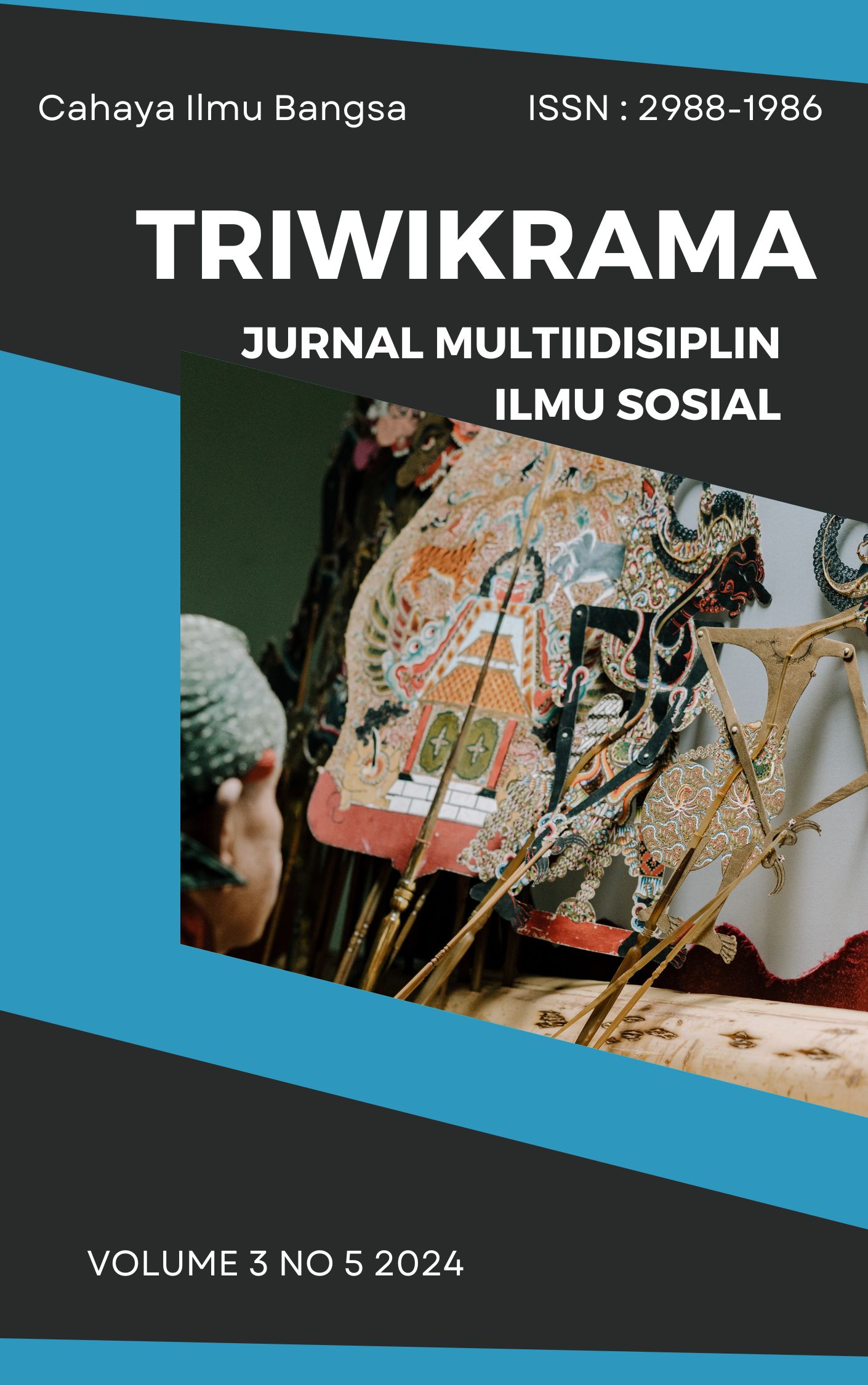ANALISIS KERJASAMA PEMERINTAH KOTA SURABAYA DAN PT. SUMBER ORGANIK DALAM IMPLEMENTASI PLTSA BENOWO
DOI:
https://doi.org/10.9963/wxsc4803Keywords:
Collaborative Governance, Institutional Design, Foreign Exchange Village ProgramAbstract
Due to population growth and the lack of public awareness about waste sorting, waste management in Surabaya faces serious challenges. Therefore, the Benowo Waste Power Plant (PLTSa) was established by the Surabaya city government and private companies as an innovative solution using modern technology. This study employs a descriptive qualitative approach with a literature study method to analyze the dynamics of public-private partnerships in the management of the Benowo PLTSa. The findings of this study show that the Benowo PLTSa successfully processes around 1,500 tons of waste per day, reduces greenhouse gas emissions, and generates electricity that benefits the community. By implementing a Build Operate Transfer (BOT) partnership model for 20 years, it can encourage efficiency, technology transfer, and governance transparency. In addition to technical impacts, this program also provides socio-economic benefits such as job creation, environmental education, and increased community participation. The success of the Benowo Waste-to-Energy Plant emphasizes the importance of cross-sector collaboration, the application of Good Environmental Governance principles, and the advancement of technology and human resources in the sustainable management of urban waste. This research recommends replicating the Benowo Waste-to-Energy model in other major cities as a strategic solution towards the national carbon neutrality target.
Downloads
Published
Issue
Section
License

This work is licensed under a Creative Commons Attribution-NonCommercial-ShareAlike 4.0 International License.










